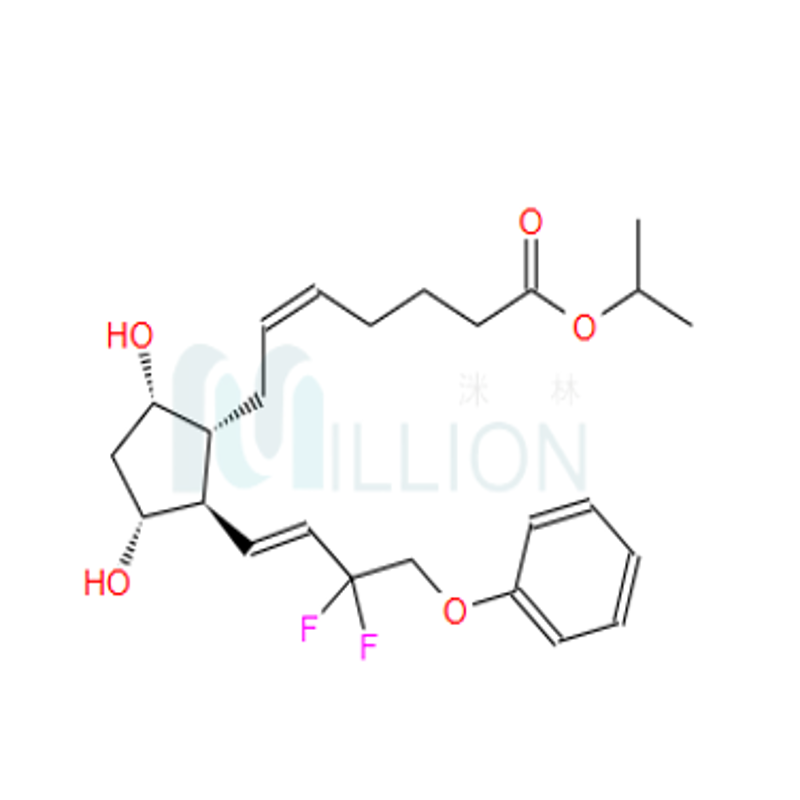-
Categories
-
Pharmaceutical Intermediates
-
Active Pharmaceutical Ingredients
-
Food Additives
- Industrial Coatings
- Agrochemicals
- Dyes and Pigments
- Surfactant
- Flavors and Fragrances
- Chemical Reagents
- Catalyst and Auxiliary
- Natural Products
- Inorganic Chemistry
-
Organic Chemistry
-
Biochemical Engineering
- Analytical Chemistry
-
Cosmetic Ingredient
- Water Treatment Chemical
-
Pharmaceutical Intermediates
Promotion
ECHEMI Mall
Wholesale
Weekly Price
Exhibition
News
-
Trade Service
This article is original from Translational Medicine Network, please indicate the source when reprinting Author: Sibyl Introduction: With the improvement of living standards and changes in dietary structure, the number of obese people is increasing
.
The World Health Organization (WHO) has defined obesity as a chronic metabolic disease that seriously threatens human physical and mental health, and is the fifth leading risk of death globally
.
When excess fat accumulates in the body, fat cells release a hormone called integrin, according to a new study from the University of Michigan's Institute for Life Sciences
.
But as the amount of fat increases, the body's sensitivity to indoles will decrease, resulting in increased obesity
.
Inhibiting the activity of an enzyme in fat cells can increase the body's sensitivity to indoles, thereby reducing obesity symptoms in mice
.
The study, titled "Histone deacetylase 6 inhibition restores leptin sensitivity and reduces obesity," was published in the journal Nature Metabolism on January 17, 2022
.
This article mainly describes the research on "Histone Deacetylase 6 (HDAC6)"
.
It is a kind of protease, and inhibiting its activity can improve the brain's ability to perceive indigestin to achieve the effect of reducing fat
.
https:// When the excess energy in the mouse or human body accumulates in the form of fat, the fat cells will start to release more integrin into the body's circulatory system
.
This hormone maintains the body's energy balance by sending signals to the brain to reduce appetite and increase caloric expenditure
.
Işin Çakir, an expert in metabolism research at the Institute of Life Sciences and the first author of the experiment, said: "When it was first discovered that integrin has this effect, everyone thought it would be a new hope for the treatment of obesity
.
You can reduce eating and increase fat burning, then more integrin can make the body lose fat more quickly
.
But this is not the case
.
"In mice and humans, as obesity increases, the body's response to integrin increasingly insensitive
.
So even increasing the circulating levels of integrin did not alter appetite or the ability to spend energy
.
Çakir and his research team have found a way to make mice more sensitive to the body's endocrine integrin, thereby reducing body weight and enhancing metabolic capacity
.
In mice raised on a high-fat diet, the researchers treated their obesity with a compound that reduces HDAC6 activity
.
The mice lost about 25 percent of their body weight within a few weeks
.
Unlike the weight loss achieved by restrictive diet, this method loses almost all the weight of adipose tissue, and there is little loss of muscle mass
.
The team also observed a significant increase in the mice's overall metabolism
.
When their food intake decreased, their energy expenditure did not decrease either
.
Liver function and glucose tolerance both increased, suggesting they were less prone to diabetes
.
Neither lean mice nor obese mice that could not secrete integrin did not lose weight after ingesting the compound
.
The results of the study show that in order to reduce fat by reducing the activity of HDAC6, high levels of indigestin must be present in the body; altering the activity of HDAC6 can enhance the body's sensitivity to indigestin, thereby regulating body weight
.
Although the mouse experiment is very exciting, Çakir emphasizes that there is still a long way to go before the results can be used to treat obesity in humans
.
"Many compounds have been shown to reduce body weight in mice, but not the same in humans, or maybe fat loss but not safe
.
So obviously the most important question is the effect of inhibiting HDAC6 activity on the treatment Is obesity in humans useful? Is it safe? We still need a lot of experimentation to answer these questions
.
" However, most potent HDAC6 inhibitors have the potential to cause toxic effects
.
This toxicity is manageable in some cancer treatments, but less so in diabetes and obesity
.
In order to overcome this difficulty, Çakir and his research team have begun to develop HDAC6 inhibitors for rodents without toxic components, which also lays a good foundation for the future treatment of obesity in humans
.
Reference: https://medicalxpress.
com/news/2022-01-obesity-mice-lowered-effects-key.
html Note: This article aims to introduce the progress of medical research and cannot be used as a reference for treatment plans
.
For health guidance, please go to a regular hospital for treatment
.
Popular·ArticleBasic Research【Science Sub-Journal】Artificial Lung Modification - Lizard Provides Amazing Method! Intestinal flora [Nature] hypoglycemic drugs are ineffective? Because gut microbiota is responsible for cancer treatment [PNAS] Chinese herbal medicines thyme and oregano have discovered anti-cancer compounds Disease diagnosis and treatment [Nature sub-journal] One step closer to changing the $70 billion global diagnostic industry! Protein biosensor measures toxic drugs in cancer, arthritis and organ transplant patients Cardiovascular disease [JAMA Sub] Are you stressed? Stress increases cardiovascular risk! Why do pain and anxiety increase breathing rate? The scientific research "Science" announced the breakthrough in 2021: a problem that has plagued biologists for 50 years was solved by AI and realized the dream of a Nobel Prize winner!







